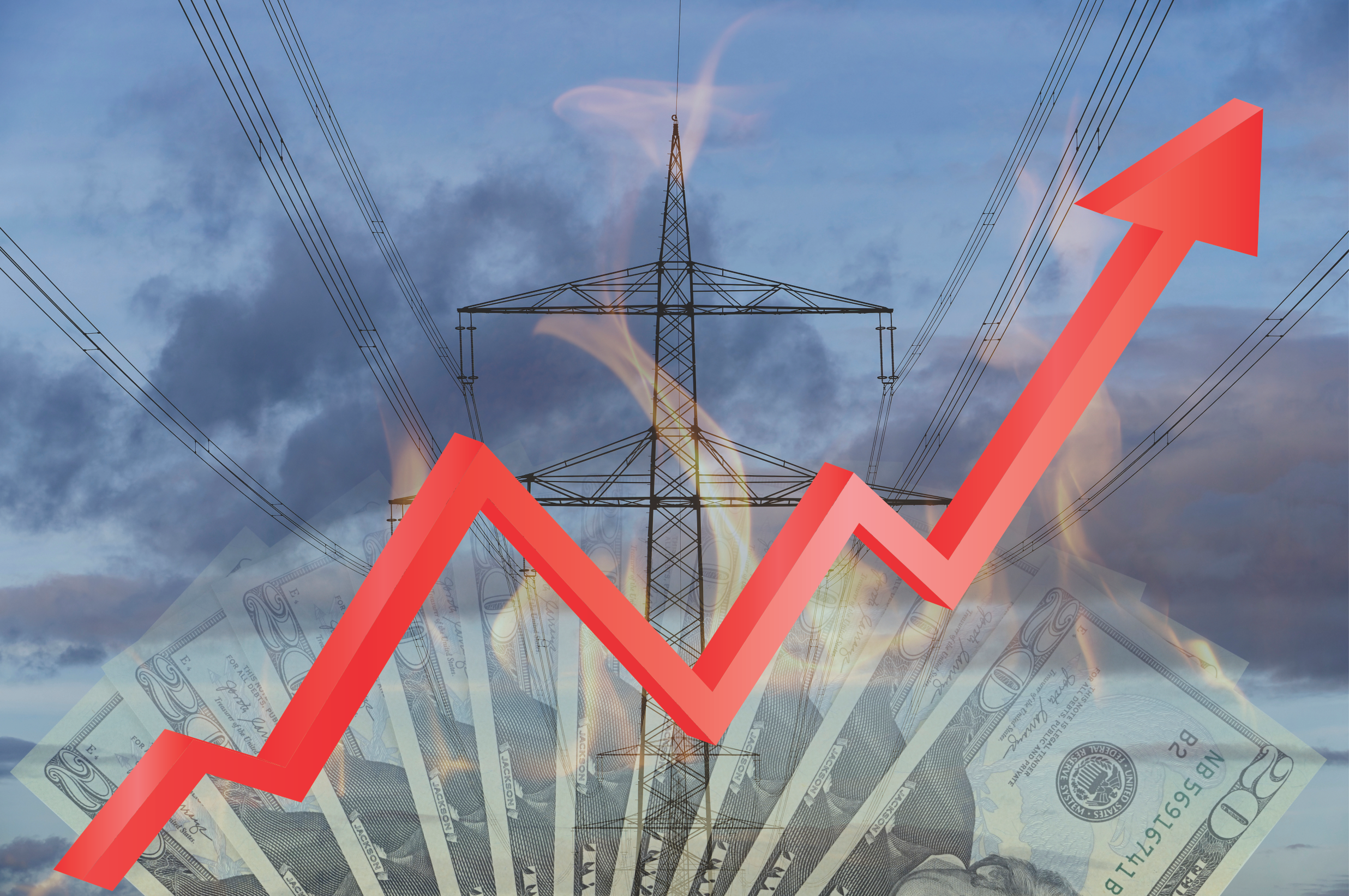Utilities Want More Power to Hike Your Rates and Rake In More Profit
Why are energy bills so high?
For years, utility companies have exploited the system to line their own pockets. Utilities have hiked rates repeatedly, claiming the need to improve infrastructure, reduce power outages, and update equipment. While they cite the need for “modernization” of their electric grids, much of this cost surge has less to do with progress than with guaranteed profits. Investor-owned utilities are legally allowed to earn a fixed return on capital expenditures. That creates a perverse incentive: the more they spend on new infrastructure—needed or not—the more they profit. And thanks to their monopoly status, ratepayers have no choice but to foot the bill.
What will utilities do next?
Utility companies across the country are pushing for more monopoly control. For example, these companies are trying to convince regulators and state lawmakers to allow them to build and own power plants and charge customers higher rates for them so that they can secure more profit for their already-wealthy Wall Street shareholders. If that sounds like a conflict of interest, that’s because it is. This scheme would hand over complete control over your electricity to utility monopolies. History tells us that this would lead to higher costs, less competition, and fewer choices for consumers. If the goal is to keep energy affordable and the local economy competitive, the last thing a state should do is hand over more power to utilities.
Why would utilities do this?
Profit. For example, the Chicago-based utility company Exelon made a promise to its big Wall Street investors that it will spend enough of customers’ money to deliver higher earnings every year through 2028. In order to keep that promise and pad its profits, the company is trying to seize even more monopoly control by expanding the types of capital investments it can charge customers for.
Since 2020, Exelon’s subsidiary Baltimore Gas & Electric (BG&E) has increased the cost of delivering electricity by 30% and natural gas by 50% and ComEd, Exelon’s Chicago monopoly, secured $606 million in rate hikes over four years. Giving utilities more monopoly control will help them and their Wall Street investors get rich off of higher energy rates.
Who does this effect?
Anyone who lives in these states and wants affordable electricity to power their home or small business is affected, but the worst offenders are in Maryland, Pennsylvania, New Jersey, and Illinois.
Electricity price increases are already outpacing inflation. In the past two years, nearly one in four Americans have said they have been unable to pay their utility bill.
A recent poll found that 62% of Americans say their electricity and/or gas bill has increased in the last year and 80% say they feel powerless to affect how much they pay for electricity.
Affordable energy is also a factor when a business is deciding whether to bring jobs to a given state. If utilities are allowed to grow their monopolies further, it will lead to price spikes that can dissuade private-sector investment from coming to your state.
What can we do about it?
Consumers must make their voices heard by demanding transparency on new rate hikes and opposing efforts in their state capitals that would allow utilities like Exelon to monopolize power production and build expensive, polluting power plants. Utilities cannot be allowed to raise prices on consumers just to pad their profits and keep their wealthy shareholders happy.e


